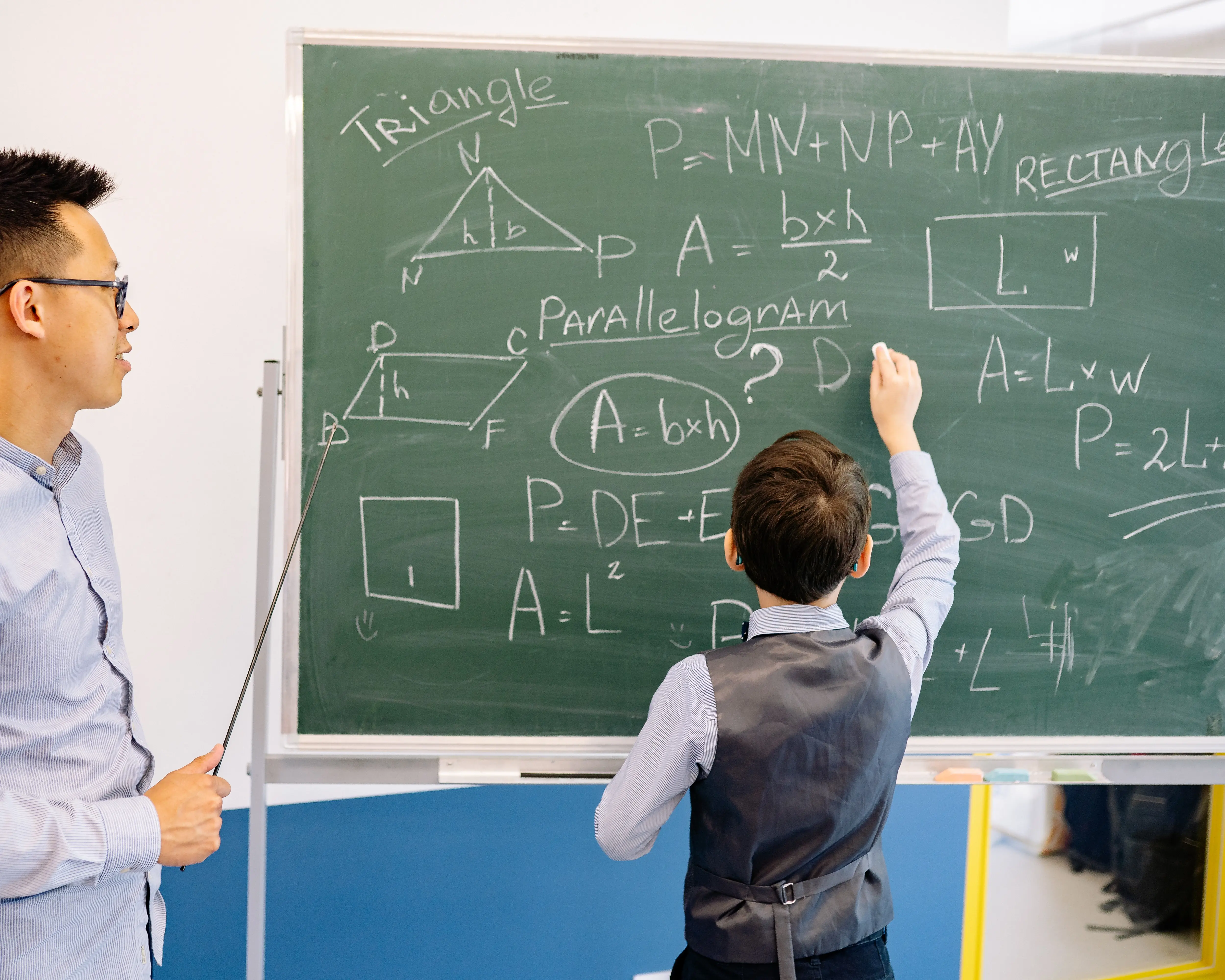Keyword- EDSG- Education for the common good.
Education allows individuals to gain knowledge and apply the competencies gained from the knowledge in relevant contexts. When considering education for the common good, EDCG, understanding the conceptualization of EDCG requires exploring how knowledge can be made commonly available. Knowledge defines human heritage, and it must be declared as a common good. Therefore, a serious concern when evaluating EDCG is the privatization of knowledge. This paper argues education for the common good from UNESCO’s perspective on rethinking education for the common good alongside arguing on the social justice implications of rethinking EDCG.
Education for the common good calls for linkage between the public good theory and the definition of education as a public good. According to UNESCO (2015), the ‘common good’ notion of education means that humans communicate with each other and share intrinsically, including values and virtues that shape social justice. Therefore, contextualizing education for the common good means that education boosts the relationships between people since they improve human life quality. Humans rethink EDCG because it fosters human diversity since people appreciate diversity, worldviews, and knowledge systems that constitute education. For the common good, education is an inclusive process that creates public policies regarding its formulation and management.
UNESCO’s rethinking of education for the common good has a social justice implication. This rethinking is evident through the call for inclusion, transparency, and accountability in public affairs. According to UNESCO (2015), the democracy in different states allows for knowledge expansion from digital technologies and formal education channels. This activity offers the opportunity to voice concerns regarding public affairs. The people advocate for accountability, openness, equality, and equity in public affairs since these are essential determinants of social justice in democratic states. The educational interventions of providing knowledge to the public build a knowledgeable society with improved oversight on the activities done to guarantee social justice.
When rethinking EDCG , this process helps blur the boundary existing between the public and private sectors. This rethinking achieves social justice because declaring education as a public good and right guarantees State participation in respecting alongside advocating education rights. Public education provision depends on State facilities and acts as a guarantor to the right to education. Rethinking education from this lens is critical for UNESCO since the union advocates for equality in international educational contexts. This approach guarantees that the right to education becomes available to all society members, ensuring social justice. The rethinking of EDCG also avoids negative issues associated with the privatization of education.
Privatization of education is the delegation of education to private institutions that offer educational services at a fee higher than in the public institutions. These take the form of faith, foreign aid, home-schooling, and market-oriented schools. However, private education has both positive and negative effects. Teaching may become customized to suit learner needs as an advantage, but there are many disadvantages. Privatization of education has detrimental effects like inadequate monitoring by public bodies, which presents the risk of hiring untrained teachers, running schools without licenses, and lacking quality assurance. The high costs of private education also hinder the chances of economically disadvantaged groups from accessing universal education. In other situations, the tutors spend too much time in the private tutoring sessions. They dedicate a lot of their time to it, therefore subordinating normal teaching with private tutoring. This subordination degrades the quality of education offered. Rethinking EDCG guarantees State support for public education, eliminating these risks associated with the privatization of education.
The international community plays a significant role in the regulation of EDCG. This consideration guarantees that the interventions made by the International communities such as UNESCO have a significant implication on social justice. The United Nations communities guarantee the inter-governmental setting of norms regarding education for the common good. According to UNESCO (2015), UNESCO has a lead role in coordinating and inspiring education while focusing on educational aims. UNESCO has the mandate on education agency, and it regards other areas such as communications, culture, and science, and these form the frameworks that support EDCG. UNESCO directly advocates for social justice through educational policies through its direct involvement with stakeholders as they research and devise policies that influence education. UNESCO also has global networks to revaluate education and report on the development trends and how UNESCO can have educational implications. The UNESCO takes advantage of its international influence to communicate to the international states about the significance of EDCG. This is possible through the various programs that UNESCO runs across the globe while collaborating with other international humanitarian bodies and other stakeholders.
In conclusion, UNESCO plays a central role in rethinking EDCG. The UNESCO has social justice implications by rethinking EDCG since it directly influences international states and their education provision specifications. When rethinking EDCG, appreciating diversity becomes possible; therefore, this creates a social justice implication since people from diverse backgrounds enjoy the right to education. UNESCO also impacts research policies and networks regarding education, putting them at the center stage for education advocacy while perceiving EDCG. UNESCO is an international body that advocates education, culture, communications, and science. The Union has the power to influence international practices and policies regarding education. After evaluating UNESCO’s argument for rethinking education and its social justice implications, it is worth appreciating the role the international agency plays in influencing education.
References
UNESCO (2015). Rethinking Education towards a Common Good? UNESCO Publishing.









